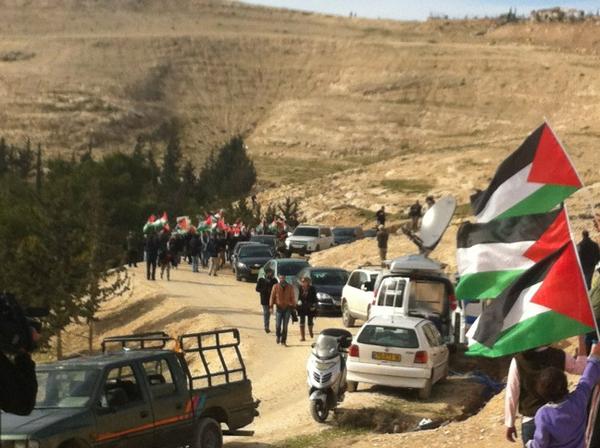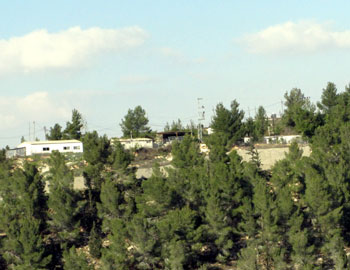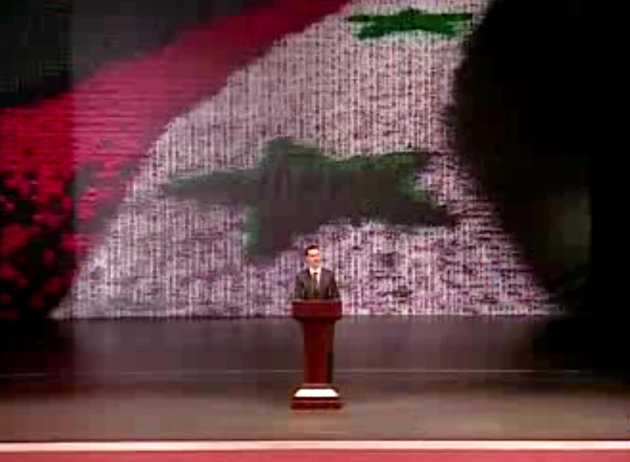 Clashes in Cairo lasted until the early hours of Sunday (Virginie Nguyen, Al Masry al Youm)
Clashes in Cairo lasted until the early hours of Sunday (Virginie Nguyen, Al Masry al Youm)
At least 32
people were killed on Saturday when Egyptians rampaged in protest at the
sentencing of 21 people to death over a soccer stadium disaster,
violence that compounds a political crisis facing Islamist President
Mohamed M
orsi,
Reuters reports.
Armored vehicles and military police fanned through the streets of Port Said, where gunshots rang out and protesters burned
tires in anger that people from their city had been blamed for the deaths of 74 people at a match last year.
The
rioting in Port Said, one of the most deadly spasms of violence since
Hosni Mubarak's ouster two years ago, followed a day of anti-Morsi
demonstrations on Friday, when nine people were killed. The toll over
the past two days stands at 41.
The
flare-ups make it even tougher for Morsi, who drew fire last year for
expanding his powers and pushing through an Islamist-tinged
constitution, to fix the creaking
economy and cool tempers enough to ensure a smooth parliamentary election.
That
vote is expected in the next few months and is meant to cement a
democratic transition that has been blighted from the outset by
political rows and street clashes.
The
National Defense Council, which is led by Morsi and includes the
defense minister who commands the army, called for "a broad national
dialogue that would be attended by independent national characters" to
discuss political differences and ensure a "fair and transparent"
parliamentary poll.
The National Salvation Front of liberal-minded groups and other Mursi opponents cautiously welcomed the call.
Clashes
in Port Said erupted after a judge sentenced 21 men to die for
involvement in the deaths at the soccer match on February 1, 2012. Many
were fans of the visiting team, Cairo's Al Ahly.
Al
Ahly fans had threatened violence if the court had not meted out the
death penalty. They cheered outside their Cairo club when the verdict
was announced. But in Port Said, residents were furious that people from
their city were held responsible.
Protesters ran wildly through the streets of the Mediterranean port, lighting
tires
in the street and storming two police stations, witnesses said.
Gunshots were reported near the prison where most of the defendants were
being held.
A security source in
Port Said said 32 people were killed there, many dying from gunshot
wounds. He said 312 were wounded and the ministry of defense had
allocated a military plane to transfer the injured to military
hospitals.
Inside the court in
Cairo, families of victims danced, applauded and some broke down in
tears of joy when they heard Judge Sobhy Abdel Meguid declare that the
21 men would be "referred to the Mufti", a phrase used to denote
execution, as all death sentences must be reviewed by Egypt's top
religious authority.
There were 73 defendants on trial. Those not sentenced on Saturday would face a verdict on March 9, the judge said.
At
the Port Said soccer stadium a year ago, many spectators were crushed
and witnesses saw some thrown off balconies after the match between Al
Ahly and local team al-Masri. Al Ahly fans accused the police of being
complicit in the deaths.
Elsewhere rioting was continued as well. In Suez protesters stormed a police station on Saturday following fierce clashes with security forces, and freed prisoners there.They also took the weapons that were left behind by policemen who fled the station as it was being stormed. Later on they set fire to a weapons storage facility and a garage after
breaking into the Security Department after funerals for victims of
Friday's violence in the city. Also in Cairo and other places lashes continued throughout Saturday.
The Muslim Brotherhood has accused opposition groups of "spreading
sabotage," in the wake of violent protest that have gripped the country
for the past two days.
In a statement Saturday, the Brotherhood said that the opposition's
silence after attacks against its offices and Freedom and Justice Party
headquarters amounted to them "gloating over Egypt and Egyptians," and
accused opposition groups of supporting
such attacks.
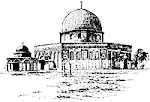

.jpg)
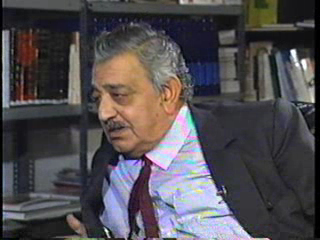
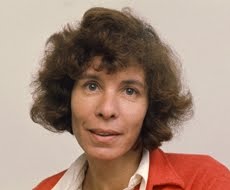
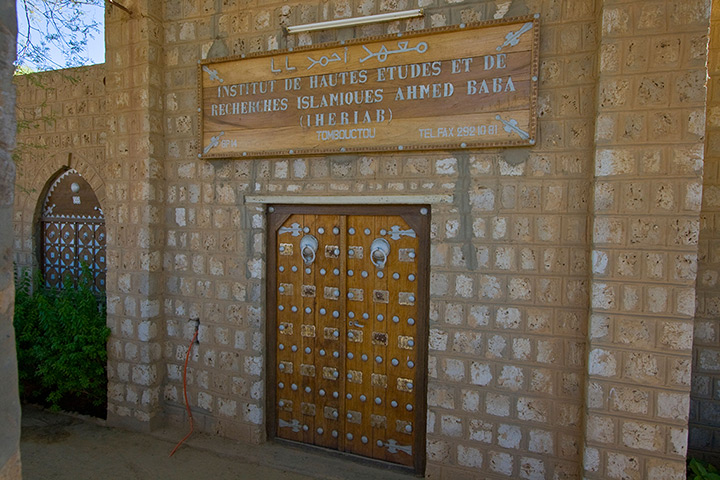
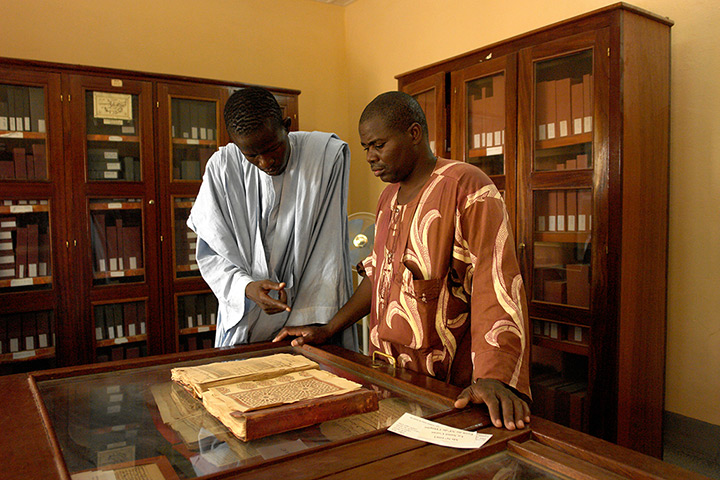
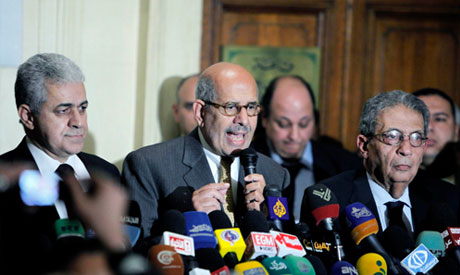


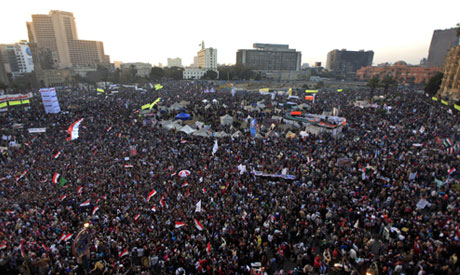

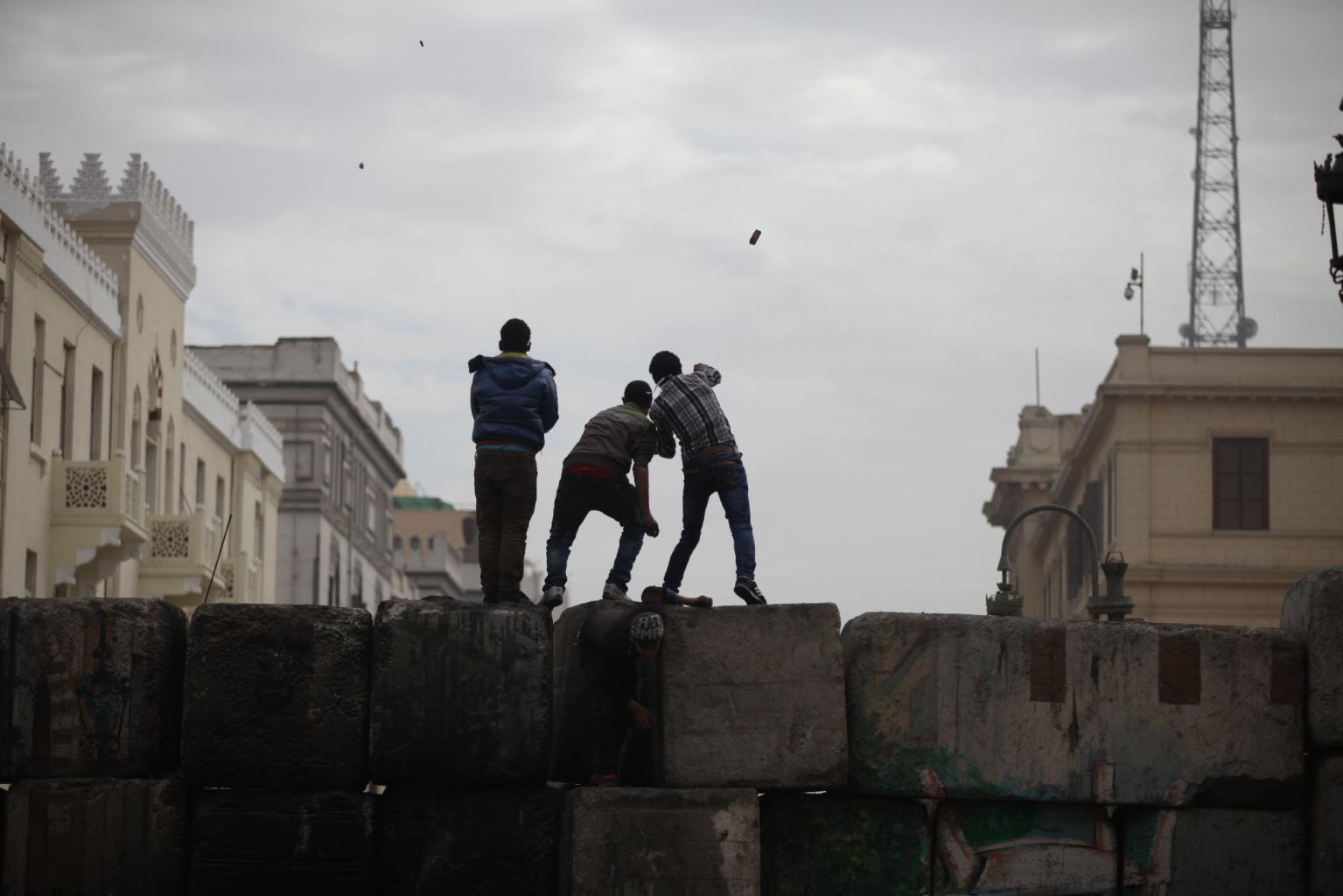






 On the 14th of January, 19 soldiers died and more than 100
were injured in a train derailment south of Cairo, where the last two
carriages detached from the rest and derailed. The train was carrying
1,328 Egyptian soldiers headed north from Assiut to Cairo. (
On the 14th of January, 19 soldiers died and more than 100
were injured in a train derailment south of Cairo, where the last two
carriages detached from the rest and derailed. The train was carrying
1,328 Egyptian soldiers headed north from Assiut to Cairo. (

 l
l 